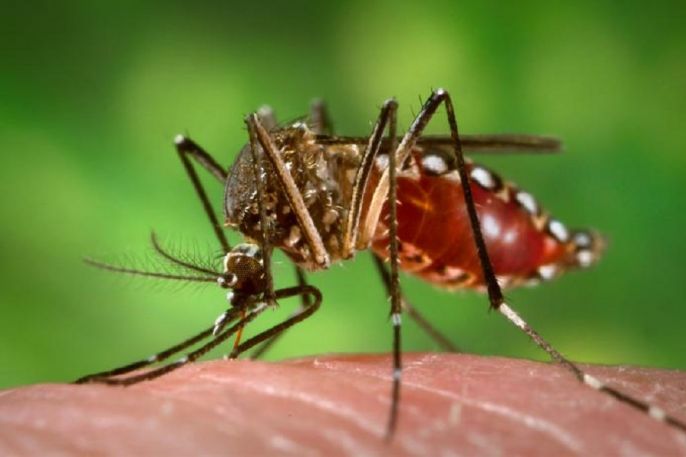Hong Kong’s Centre for Health Protection (CHP) is investigating an imported case of Zika virus after a 31-year-old local woman was confirmed to be the first infection in the city this year.
In a statement released last night, the CHP said the patient was a 31-year-old woman with “good past health”, who had visited Peru and Ecuador from April 8 to 21. Upon her return to Hong Kong last week, she began exhibiting symptoms such as a headache, sore throat, nausea and vomiting.
The woman, who was not identified, consulted a private doctor on Saturday (April 22) and developed a “generalized skin rash” the next day. She was admitted to Alice Ho Miu Ling Nethersole Hospital on Monday.
She has been consistently in a stable condition, the CHP says. Yesterday, a urine specimen provided by the patient tested positive for Zika virus and she was put in isolation.
Personnel from the Food and Environmental Hygiene Department (FEHD) will conduct an anti-mosquito operation around her residence in Tai Po. The 31-year-old’s travel partners and home acquaintances have not shown any symptoms of Zika infection so far.
Last year, two cases of Zika virus were reported in Hong Kong in August and November, respectively.
For most people, Zika causes relatively mild symptoms. In pregnant women, however, it can cause microcephaly, a deformation in which babies are born with abnormally small brains and heads.
The CHP recommends civilians take general measures to prevent mosquito bites and mozzie-borne transmissions, and taking extra precautions when travelling to areas affected by Zika.
These include:
- Consulting a doctor six weeks before said trip (especially if you have immune disorders or severe chronic illnesses)
- Using condoms while having sex on trips to areas affected by Zika
- Using condoms for six months after arriving home from trips to Zika-affected areas
- Applying insect repellent for at least 21 days after returning home from Zika-affected areas





Reader Interactions